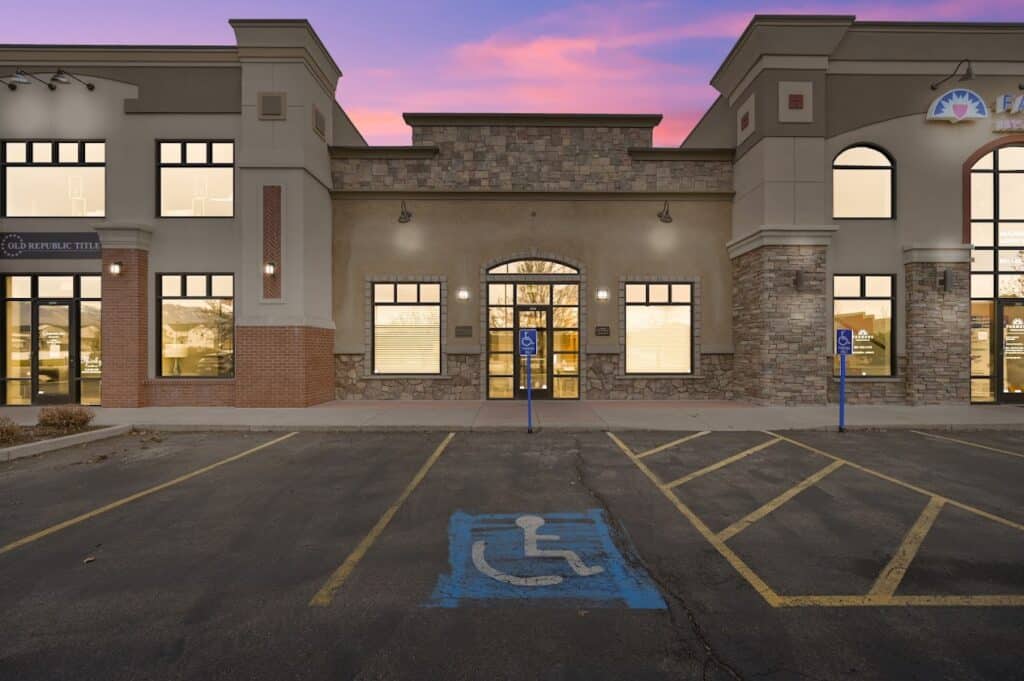Neurodivergent disorders are a group of conditions that affect the functioning of the brain, causing differences in social interaction, communication, and behavior. These conditions are considered to be neurodevelopmental disorders and can have a significant impact on an individual’s quality of life.
The most common neurodivergent disorders include autism spectrum disorder (ASD), attention deficit hyperactivity disorder (ADHD), and Tourette’s syndrome. Although each of these disorders presents differently, they all involve atypical neurological development that can impact an individual’s social, emotional, and academic functioning.
Autism Spectrum Disorder (ASD) is a neurodevelopmental disorder that is characterized by social communication difficulties, restrictive and repetitive behaviors, and sensory sensitivities. Individuals with ASD may struggle with social interaction, communication, and forming relationships. They may have difficulty with verbal and nonverbal communication, such as making eye contact or understanding facial expressions. They may also engage in repetitive behaviors, such as flapping their hands, and have sensory sensitivities to light, sound, or texture.
Attention Deficit Hyperactivity Disorder (ADHD) is a neurodevelopmental disorder that affects an individual’s ability to focus, pay attention, and control their impulses. Individuals with ADHD may struggle with hyperactivity, impulsivity, and inattention. They may have difficulty completing tasks or following through on instructions, and may struggle with social relationships due to their tendency to interrupt or act impulsively.
Tourette Syndrome is a neurodevelopmental disorder that is characterized by tics, which are sudden, repetitive, and involuntary movements or vocalizations. These tics can be simple, such as eye blinking, or complex, such as jumping or shouting. Individuals with Tourette syndrome may also experience anxiety, depression, or other behavioral challenges.
Diagnosis and Treatment of Neurodivergent Disorders
In addition to therapy and medication, support from a multidisciplinary team is essential in the treatment of neurodivergent disorders.

We are specifically formulated to offer personalized therapeutic interventions to adult individuals with mental health disorders.

We provide a comprehensive Intensive Outpatient Program (IOP) that offers clients the opportunity to attend group therapy sessions three to five times a week.
© Copyright 2024 Corner Canyon™ | All Rights Reserved | Privacy Policy
